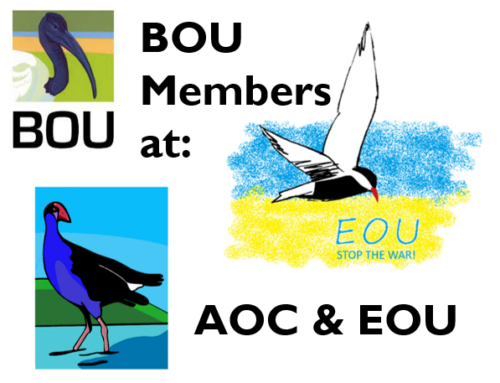
I still find it surprising (in 2018) that many people using Twitter still don’t understand #HashTags. An example is where an event @TwitterHandle is the same as the event name (not something I’m ever that keen on personally). Tagging the event account means that they see your tweet (as a notification) as well as your own followers but the wider Twitter community does not. By using an event #HashTag those using and following the event on the tag will see it – so you’re sharing your tweet more widely, and more importantly, with those that care more about the event and your tweet content.
Best practice – #hashtags
Setting up your own tag
Keep your hashtag short, or long and catchy – but not too long! Those #AnyLengthOfHashtagWillDo ones rarely catch on and are not very memorable (because there is more room for errors when typing them).
- Hashtags containing 11 or more characters get 117% more retweets than those with 6 – 10 characters
- Hashtags containing 11 or more characters get 48% more retweets than those with 1 – 5 characters
- Hashtags containing 1 – 5 characters get 47% more retweets than those with 6 – 10 characters
(source: HubSpot)
What words should you use for your hashtag?
Use recognisable words and phrases known to your community or target audience, and always check that your hashtag isn’t being used by others to avoid the dreaded #hashtagclash!
When @IBIS_journal wanted to group its science content tweets, and encourage others to share their avian science tweets with us and others, we looked at the various options and the various hashtags already being used. We soon disregarded the #bird and #birds tags as far too general and science tweets would simply get lost. #Avian on its own didn’t accurately describe the content, and this tag was frequently used with avian disease content. #AvianScience was an option, but once we got to thinking about a tag this long, the obvious tag was perfect – #ornithology. And it appears to be the optimum length too!
-
- By the end of 2020 the #ornithology tag had a potential daily audience of >1 million
(source: BOU)
In this tweet we use the established #vulture hashtag as well as our own #ornithology subject hashtag (plus an image, a link to the paper and a mention of the journal – just about spot on!)
Using your hashtag
Once you have your perfect hashtag you need to take good care of it. Make sure you use it, and use it in all tweets or posts relating to the event or subject the tag has been created for.
Use your hashtag to group your tweets. Tags for conferences and events are now commonplace, but think about using a dedicated hashtag to group tweets for a specific project or content stream spread over time.
@RSPBScience use their dedicated #RSPBScienceLunch tag to share their work and let others engage with them during their regular lunchtime science spots.
Always try and use your hashtag as a natural part of the sentence. If you can’t, don’t just shoe-horn it in – use it to open or close your tweet or post.
Its not often we get to use the #ornithology tag naturally in a sentence. But when we can, we do. Here it forms a natural sentence which includes mention of the publisher and the journal. Another strong tweet maximising engagement.
And don’t forget to use the same hashtag across all platforms to ‘brand’ your project or event.
Finally, don’t use too many hashtags in a single tweet – one or two is fine.
See also
The power of the #hashtag
More social media blogs from the BOU
Twitter #masterclass 1 – #hashtags and retweets
Twitter #masterclass 2 – stop using auto-generated tweets
Twitter #masterclass 3 – editing and structuring your tweets
Twitter #masterclass 4 – organise your incoming tweets
Twitter #masterclass 5 – content is everything
Making social media and the web work for you
Social media is relevant to your research
The benefits of blogging about your research
What is Altmetric?
What do you mean you ‘don’t know how to optimize your paper for SEO?!
Twitter – building an online ornithological community
The global ornithological online community
Ornithological Twitterati, Tweetie-pies and #birdieluv
Blog with #theBOUblog
If you want to write about your research in #theBOUblog, then please see here.






